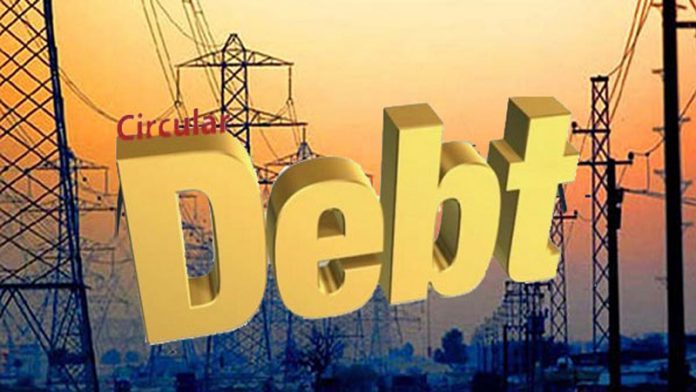ISLAMABAD: Receivables from electricity consumers have continued to pile up and the figure has swelled to Rs896 billion – a long-standing problem that will be a big challenge for the incoming government of Pakistan Tehreek-e-Insaf (PTI).
The previous Pakistan Muslim League-Nawaz (PML-N) government left office at May-end with heavy receivables from power-sector defaulters that amounted to Rs851 billion. The receivables then went up to Rs896 billion by the end of the fiscal year 2017-18 on June 30, posing a serious threat to the power sector.
A year ago, in June 2017, the receivables had stood at Rs729.8 billion, according to the audited figures compiled a few days ago, reports The Express Tribune.
The private sector, consumers in the Federally Administered Tribal Areas (Fata) and owners of agricultural tube wells in Balochistan were major defaulters of the power distribution companies. They had to pay Rs670.70 billion by the end of FY18 compared to Rs554.79 billion in June 2017.
Tubewell owners owed Rs232 billion at the end of June this year compared to Rs185.3 billion in June 2017 whereas Fata consumers were to pay Rs26.85 billion as opposed to Rs22.18 billion in June 2017.
The federal government and its entities owed Rs4.88 billion in June 2017, but the receivables reached Rs7.20 billion in June 2018.
The Azad Jammu and Kashmir government were to pay Rs80.7 billion in June 2017, which reached Rs99.27 billion in June 2018.
Provincial governments were also the defaulters as they had to pay Rs146 billion in June 2018 compared to Rs115.02 billion in June 2017.
The PML-N government during its five-year tenure had imposed surcharges of Rs2.3 per unit on power consumers to offset the losses, but it failed to improve governance in the sector and improve recovery of bills.
At the same time, the circular debt continued to grow, crossing Rs1 trillion including around Rs500 billion parked in a holding company. The debt level is a critical challenge that the incoming government will have to cope with immediately.
In a meeting of the Economic Coordination Committee (ECC) held on May 24, PML-N economic managers acknowledged that the financial position of the power sector was still at a critical level because of various reasons.
These included unsatisfactory performance which was below the regulatory benchmark both in terms of reducing losses and recovery of consumer bills, unavailability of subsidy and delay in detailed tariff determination, which had been notified now, but its effect would start emerging in the next few months.
It was further informed that higher energy sales due to a significant widening of the power generation base had also contributed to the circular debt build-up.
It was also decided in an earlier meeting to seek another loan for the power sector as no further fiscal space was available to provide support under the head of budgetary support.
























